Editor’s Note: Gauri van Gulik is the Deputy Europe Director at Amnesty International. Follow her @gaurivangulik. The opinions expressed in this commentary are hers.
Story highlights
Children in Syria suffering the devastating effects of chemical attacks
Some out of school so long they've forgotten how to read and write
The haunting image of five-year-old Omran Daqneesh, shocked and bloodied in the back of an ambulance after being pulled from the rubble of his home, graphically captures the horrific situation facing Syria’s children – and makes it easy to understand why parents would take their children on the desperate, arduous journey to Europe.
But if a child like Omran were to survive the trip and reach Europe’s shores, their ordeal would be far from over.
On a visit to the Greek island of Lesvos, I saw first-hand what awaits them.
Children of conflict
The scars of war
In a detention center on Lesvos I met Ahmed, a one-year-old baby who has been sick for almost all of his short life from what his mother described as a chemical attack.
She told me that a bomb destroyed their home soon after Ahmed was born, lodging shrapnel in his neck. Soon after, he developed severe asthma and other symptoms consistent with chlorine gas inhalation. When I met him almost a year after the bombing, I could see his scars and his little body struggled to breathe.
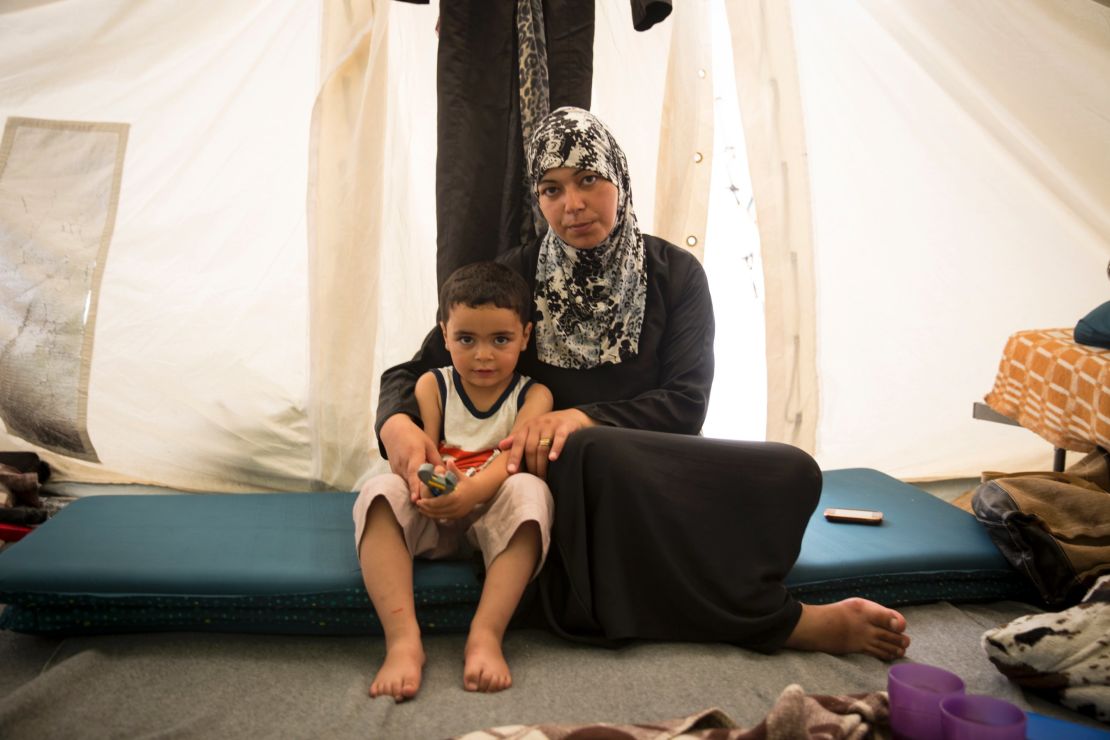
His family are Palestinians from Syria, who first fled the horrors of siege and starvation in Yarmouk camp, outside Damascus.
But the war followed them as they fled to Idlib in the north of the country. After a bomb hit their home, Ahmed’s mother took them across the border into Turkey where they paid smugglers to take them across perilous waters in an overcrowded boat to the Greek islands.
Inside Greece’s detention centers
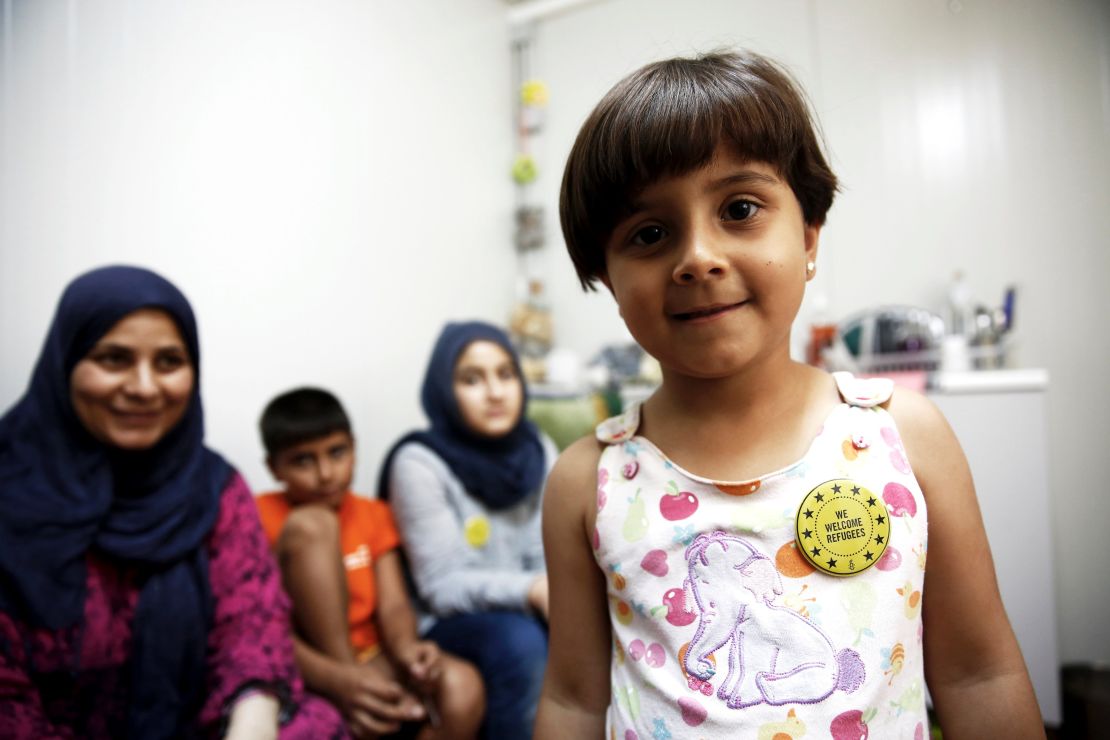
Once on land, Ahmed’s family did not receive a warm welcome. They arrived after the EU-Turkey deal came into effect on March 20 this year, effectively transforming the islands into mass detention facilities.
Ahmed’s family were locked up with more than 3,000 other people in Moria detention center, closed off from the outside world by barbed wire fences. When I saw them, they had no privacy and no idea what would happen to them next.
Instead of quickly providing Ahmed with the urgent medical care he needed, a doctor first gave the family a box of paracetamol.
Journey isn’t over yet
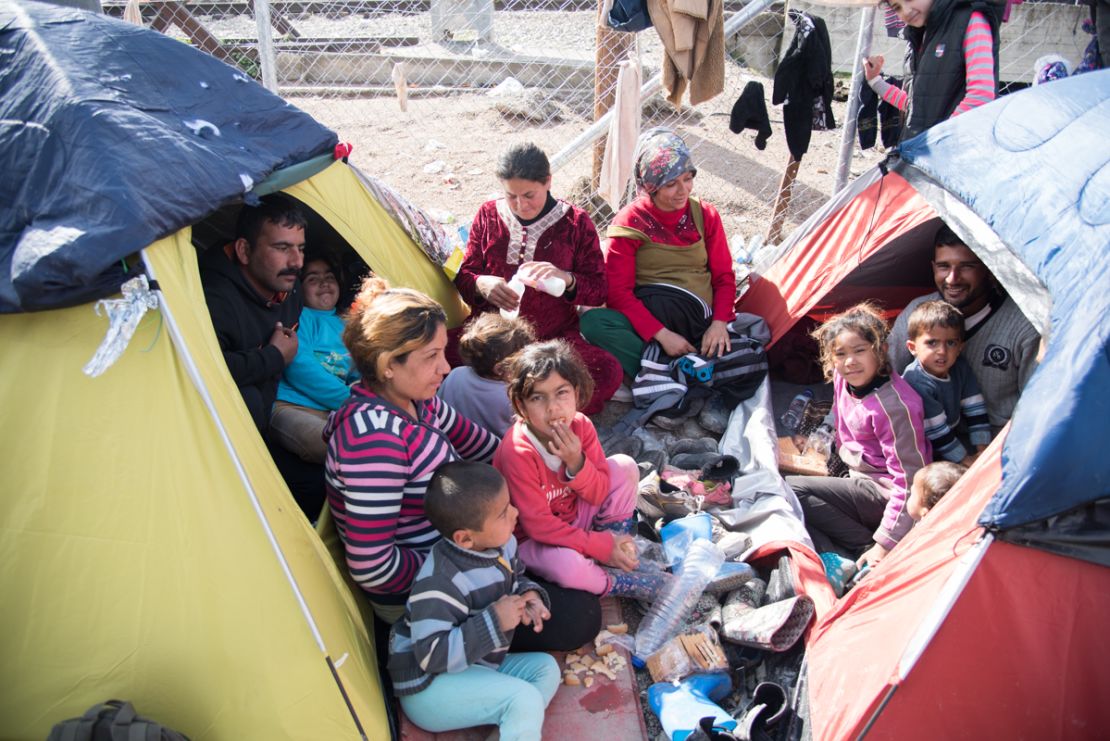
The family were later removed from detention but remain stranded in Greece, like nearly 60,000 other refugees and migrants.
Onward routes to Europe are mostly shut off. If it was up to some European leaders, most would simply be deported back to Turkey.
This desperate situation is being played out across Europe – in Hungary, Serbia, Greece, Calais and elsewhere.
Children forget how to read
Ahmed reminds me of so many children we have seen around the continent, and the ordeals they face.
Almost a third of refugees and migrants crossing the Mediterranean to Europe are children. Many of them traveling alone, vulnerable to exploitation, or separated from their families along the way, sometimes by the authorities themselves.
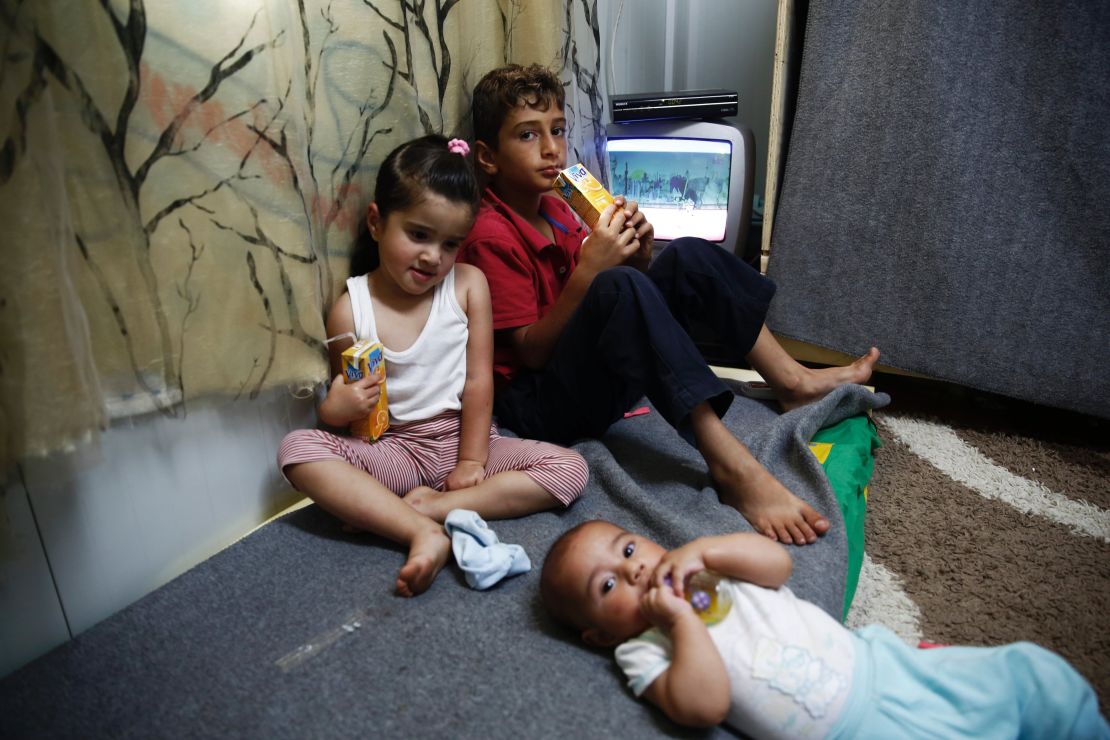
Some of the children we’ve met have spent so long out of school that they have forgotten how to read and write.
One 16-year-old boy from Syria who has been in a camp on the Greek mainland told us: “We have been here for 423 days with no hope, no education, no schools. I need the chance to complete my studies.”
These children need safety, special care, education, and a roof over their head. They need governments to allow and facilitate family reunification. They need countries to follow through on their promises to relocate and resettle families like Ahmed’s.
EU governments must act
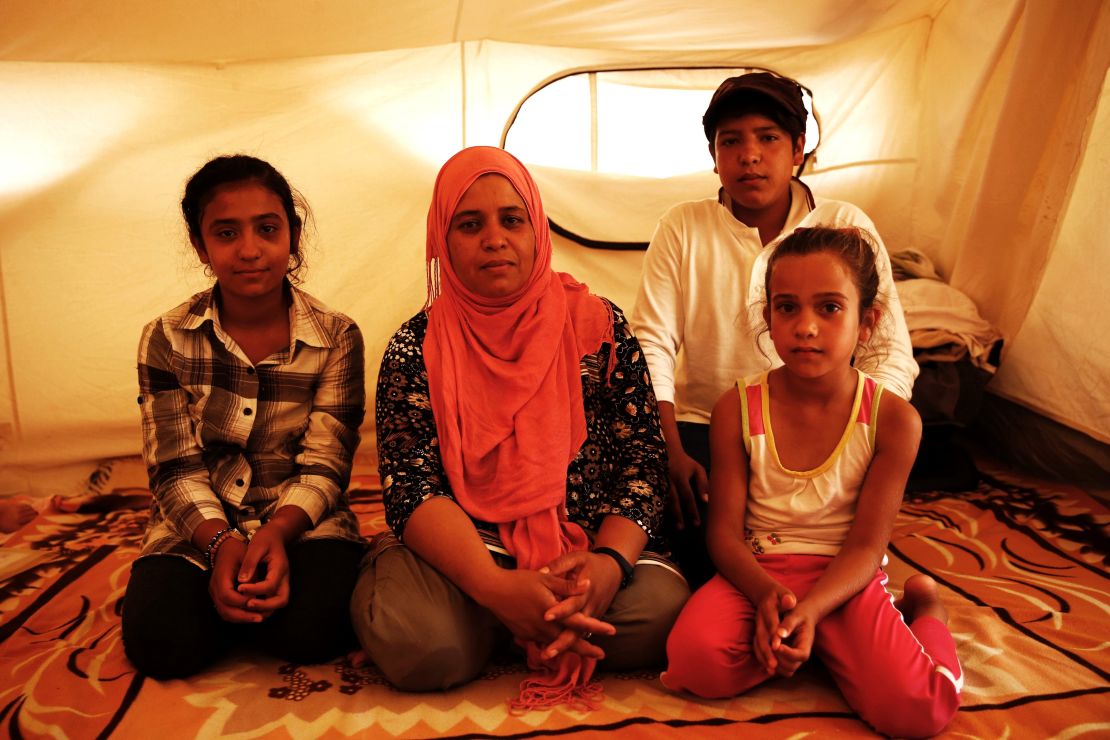
In Europe, governments are shamefully behind on both fronts. European Union leaders have relocated a fraction of the refugees they promised to take last September.
While Omran, as Aylan Kurdi before him, captured the attention of the world, heartbreak and outrage are not enough.
Read more: What parents in Aleppo tell their children about war
The images have moved the world, but not leaders. Until they act, thousands of children will suffer the same fates as Omran, Aylan and Ahmed.









